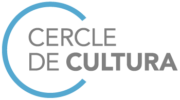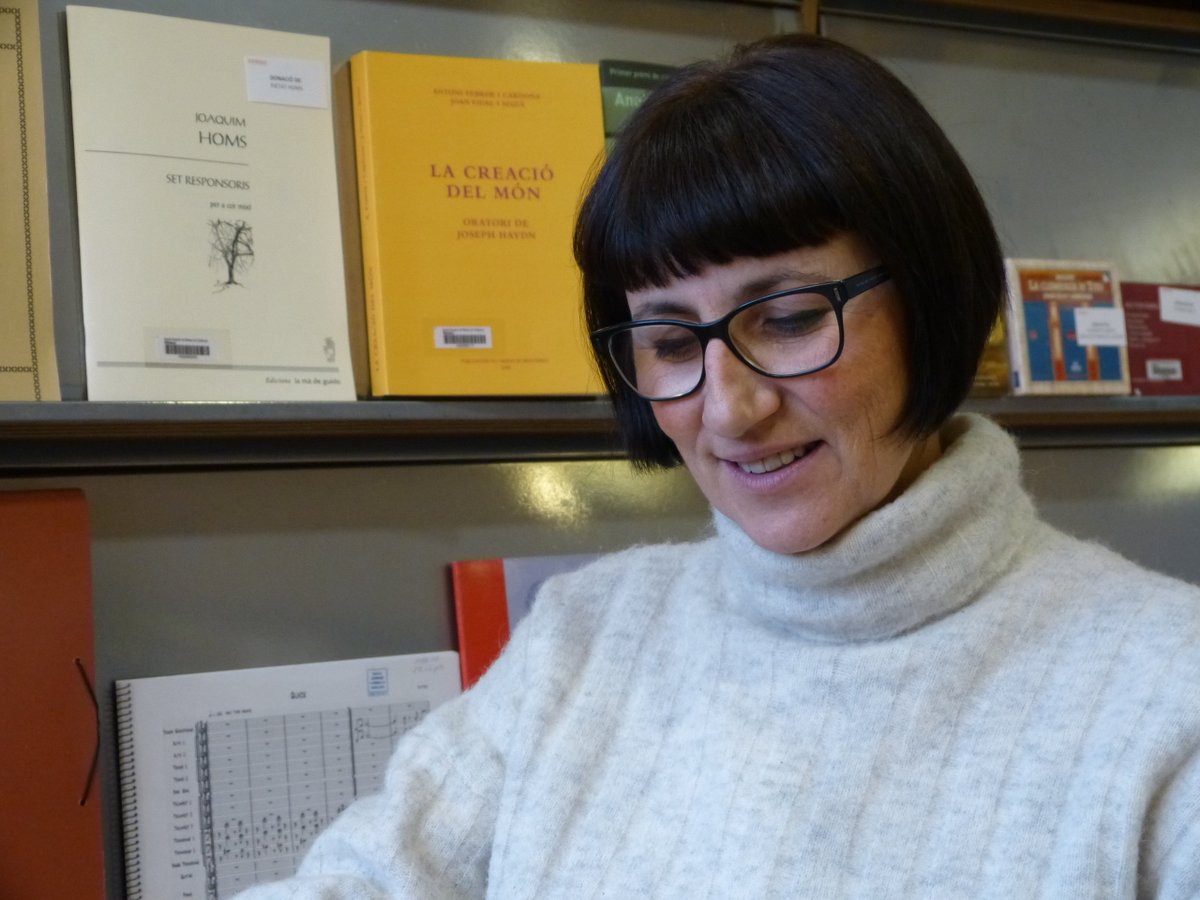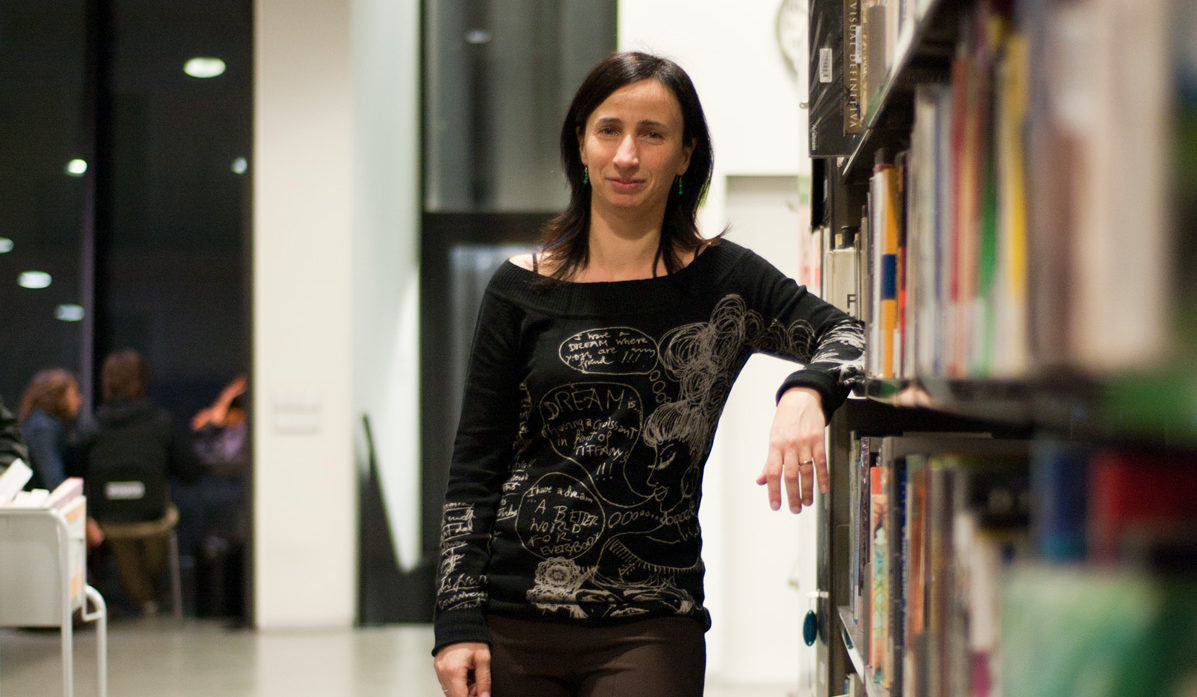We spoke with Núria Sempere, general director of the ESMUC since 2019. Sempere has been director of the Municipal School of Music-Arts Center (EMMCA) of L’Hospitalet de Llobregat, professor of the Department of Production and Management of the ESMUC and member of the Board of Directors of the Catalan Association of Music Schools (ACEM), of which she is the founding president. Diploma in advanced studies from the University of Barcelona, Master’s in Public Management from ESADE, a degree in art history from the University of Barcelona and a guitar teacher at the Barcelona Municipal Conservatory of Music.
I. What is your link with the cultural sector?
Right now my bond is dual. On the one hand a professional connection (I am the director of the public center of higher music education in the country, the ESMUC) and on the other a hobby connection (I am a constant audience of music and theater, perhaps less dance – although when I go there I love- and visiting exhibitions in museums and galleries).
2. Why did you sign up for the Cercle?
To learn from people who are rethinking strategies, devices, goals and the need to articulate a cultural sector that comes out of their sometimes self-referential gaze and can make their experience and knowledge available to the entire community .
3. What can you contribute?
My contribution can be my professional experience which has been very multifaceted especially if we take a chronological look: I was a student and teacher of instrument, activist for cultural rights, professional in the management of art education institutions and I have been in contact with multiple ways of relating to culture (from content creation, production and distribution, arts education, audiences, and community participation). This view, from concrete experiences, is what I can contribute in broader debates.
4. What is the role of culture in the current context?
Surely we respond differently when we talk about cultural sector or when we talk about culture. Because when we talk about the sector, we usually refer to the people or institutions that work professionally (with their rights more or less supported or violated) and when we talk about culture, a community dimension opens up that we long for. If we talk about culture (and not cultural sector) the dimension of words such as heritage, creation, interpretation, debate or cultural rights transcends a small circle and concerns all citizens with their background, interests or skills, and then the questions on what conditions has the fact of deepening in these skills to be included or included in the sector. Inclusion and vulnerability in cultural matters illustrate inclusion and vulnerabilities in our society.
5. What do you think the Cercle can do to encourage cultural debate?
Create a space where you can (re) think freely. A debate whose results must be able to influence public decision-making.


